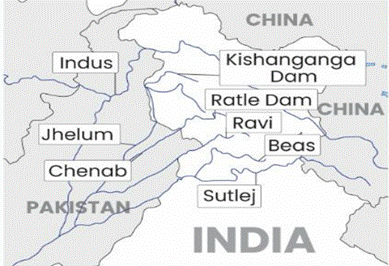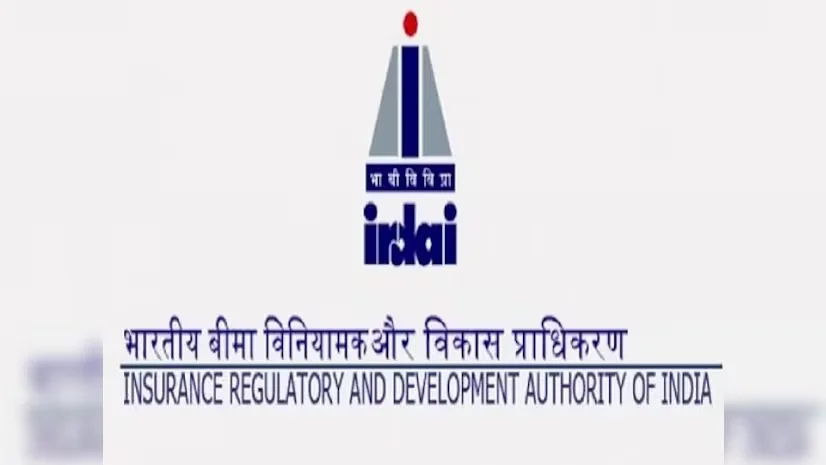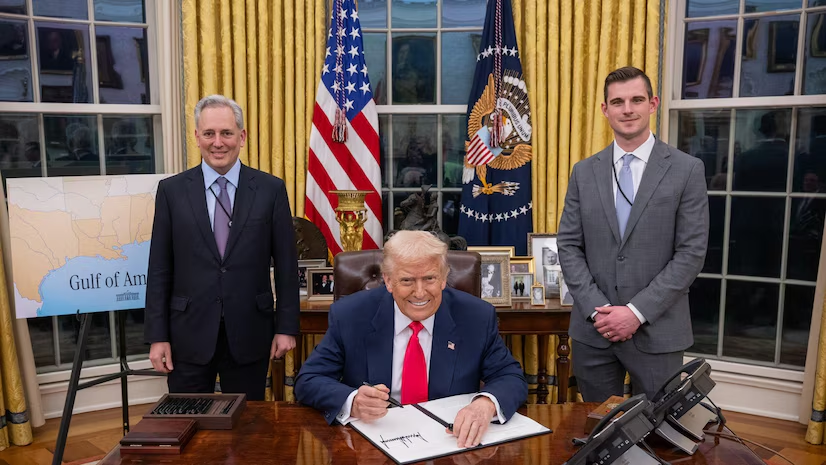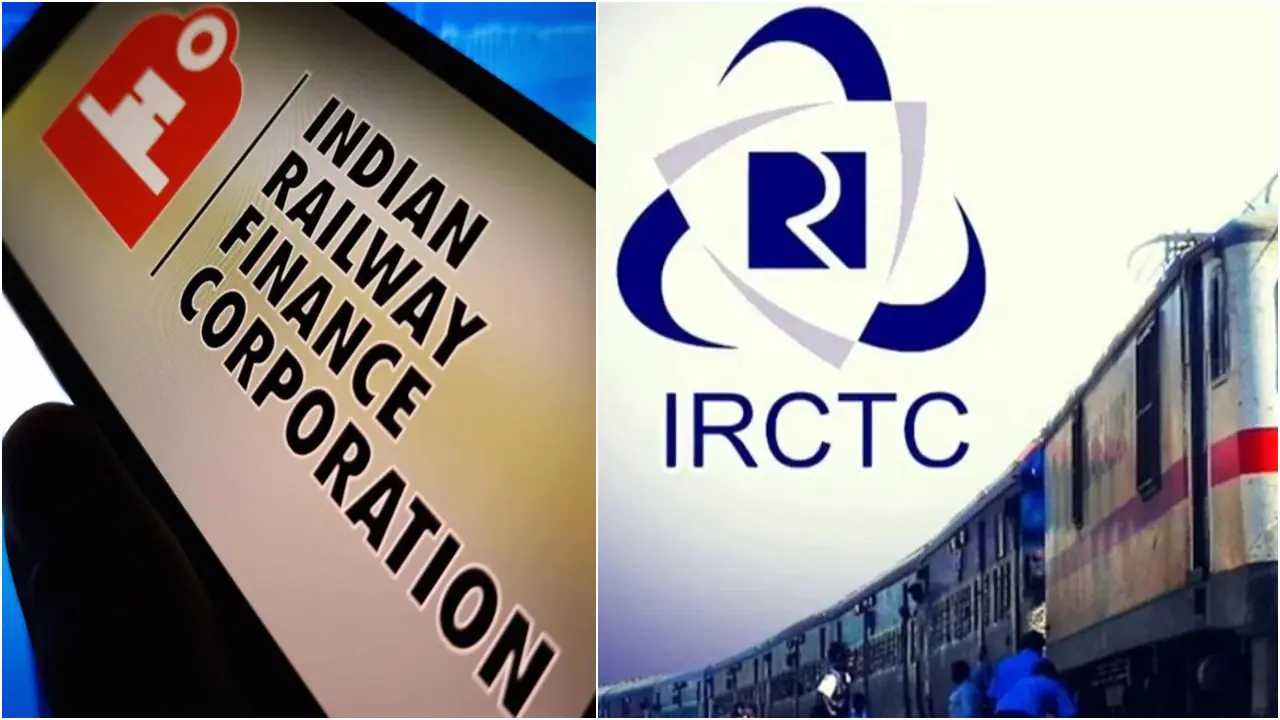- Courses
- GS Full Course 1 Year
- GS Full Course 2 Year
- GS Full Course 3 Year
- GS Full Course Till Selection
- CSAT
- 5 LAYERED ARJUNA Mentorship
- Public Administration Optional
- Online Program
- GS Recorded Course
- NCERT Batch
- Polity Module Course
- Geography Module Course
- Economy Module Course
- AMAC Module Course
- Modern India, Post Independence & World History Module Course
- Environment Module Course
- Governance Module Course
- Science & Tech. Module Course
- International Relations and Internal Security Module Course
- Disaster Management Module Course
- Ethics Module Course
- Essay Module Course
- Current Affairs Module Course
- ABOUT US
- OUR TOPPERS
- TEST SERIES
- FREE STUDY MATERIAL
- VIDEOS
- CONTACT US
World Bank appointed Neutral Expert on Indus Water Treaty
World Bank appointed Neutral Expert on Indus Water Treaty
03-03-2025
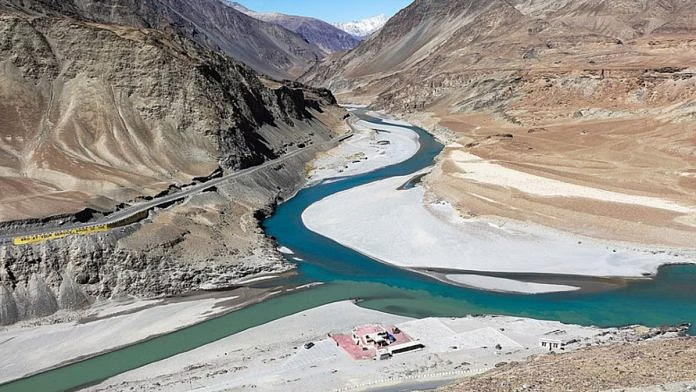
- The Indus Waters Treaty (IWT) was signed on September 19, 1960, between India and Pakistan to regulate the distribution and usage of the waters of the Indus River System and its tributaries.
- The treaty was signed in Karachi by Jawaharlal Nehru, the then Prime Minister of India, and Ayub Khan, the President of Pakistan, after nearly nine years of negotiations facilitated by the World Bank.
Key Provisions of the Indus Water Treaty (IWT)
- The Treaty divides the Indus River System into Eastern and Western rivers:
- Eastern Rivers: Beas, Ravi, Sutlej — India enjoys unrestricted use of these rivers.
- Western Rivers: Indus, Chenab, Jhelum — Pakistan controls the waters of these rivers.
- India's Obligation: Article III (1) mandates that India must allow the flow of water from the Western Rivers to Pakistan while utilizing water for irrigation, power generation, and other purposes on the Eastern Rivers.
This arrangement gives India about 30% of the total water in the system, while Pakistan controls the remaining 70%.
Pakistan's Objections and the Role of Neutral Expert
- In 2015, Pakistan requested the appointment of a Neutral Expert to address its technical concerns regarding the projects.
- However, Pakistan retracted its request in 2016 and sought adjudication from the Permanent Court of Arbitration (PCA) instead.
- India, however, maintained that the matter should be handled by the Neutral Expert, as per the Treaty’s dispute settlement mechanism.
- According to Article IX of the IWT, disputes can be settled through a three-tier mechanism:
- Indus Commissioners of India and Pakistan.
- Neutral Expert appointed by the World Bank.
- If the dispute remains unresolved, it can be taken to the PCA.
Despite India's objections to the PCA mechanism, the World Bank initiated two parallel processes in 2022: appointing a Neutral Expert and starting PCA proceedings. India continued to participate in the Neutral Expert process, asserting that it aligns with the provisions of the IWT.
Current Context
- Recently, the World Bank appointed Neutral Expert on IWT backed India's stance on its competence regarding a dispute over 2 hydroelectric projects in Jammu and Kashmir.
- On January 7, 2025, the Neutral Expert, Michel Lino, declared that he is competent to adjudicate the differences between India and Pakistan regarding the Kishenganga and Ratle projects.
- His decision is significant as it validates India's position that the seven questions referred to the Neutral Expert fall within his competence as outlined by the Treaty.
- Pakistan's Argument: Pakistan contended that the issues did not fall under the Neutral Expert’s domain as defined by the Treaty.
- India's Argument: India insisted that the disputes clearly fall within the scope of the Treaty and that the Neutral Expert should render a decision.
The Neutral Expert's decision to proceed with the adjudication of the disputes was the best possible outcome for India at this stage, as it confirms that these matters will be resolved based on the merits of the case, as per the IWT.
Future of the Indus Waters Treaty (IWT)
India's Position on Modifying the Treaty
- In response to Pakistan's repeated objections and intransigence regarding the hydroelectric projects, India has indicated its willingness to revisit the Treaty.
- In January 2023, India issued a formal notice to Pakistan seeking modifications to the IWT. This marked the first time in over 60 years that such a notice was issued under the Treaty’s Article XII (3).
Factors for Modifying the Treaty
India's notice for modification of the IWT cited several reasons:
- Demographic changes in the region.
- Environmental challenges and the need for sustainable development.
- The need to accelerate the development of clean energy to meet India's climate goals.
- Cross-border terrorism, which affects India’s security concerns, including those related to the waters of the Indus system.
Reviewing the Treaty
- In September 2024, India issued a second formal notice seeking a review and modification of the IWT.
- The inclusion of the term “review” signals India’s intent to renegotiate or possibly revoke the Treaty. Experts believe this indicates a shift in India's stance due to changed geopolitical and environmental realities.
International Principles on Transboundary Water Sharing
|
|
Also Read |
|
| FREE NIOS Books | |
